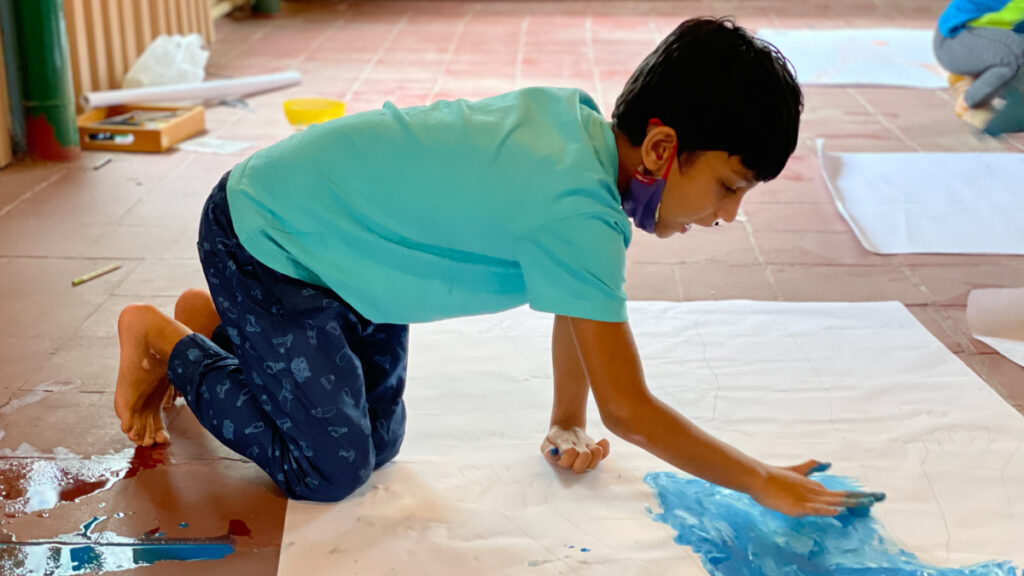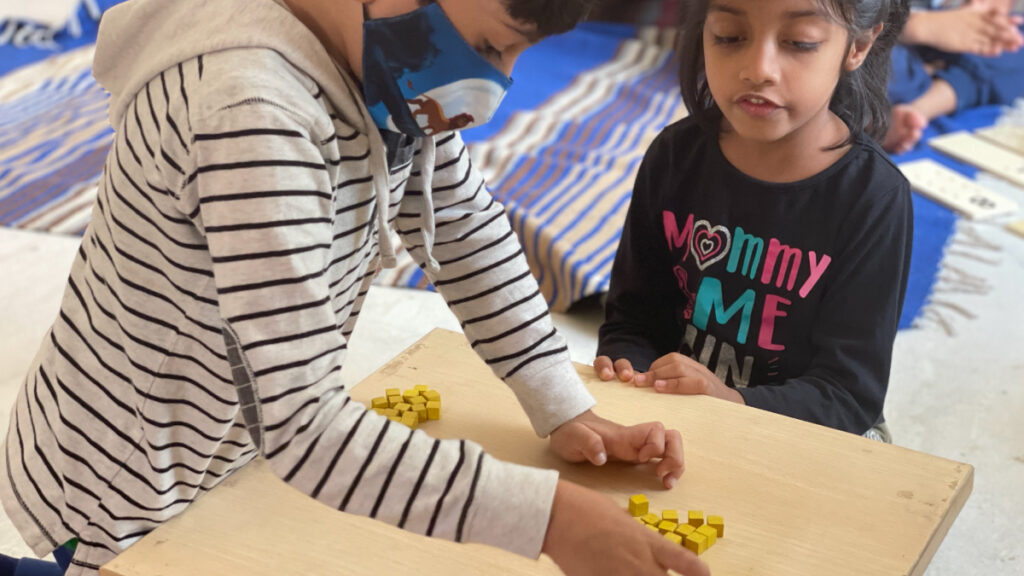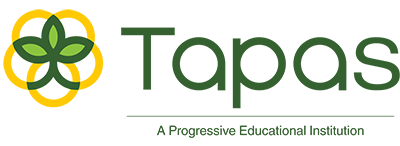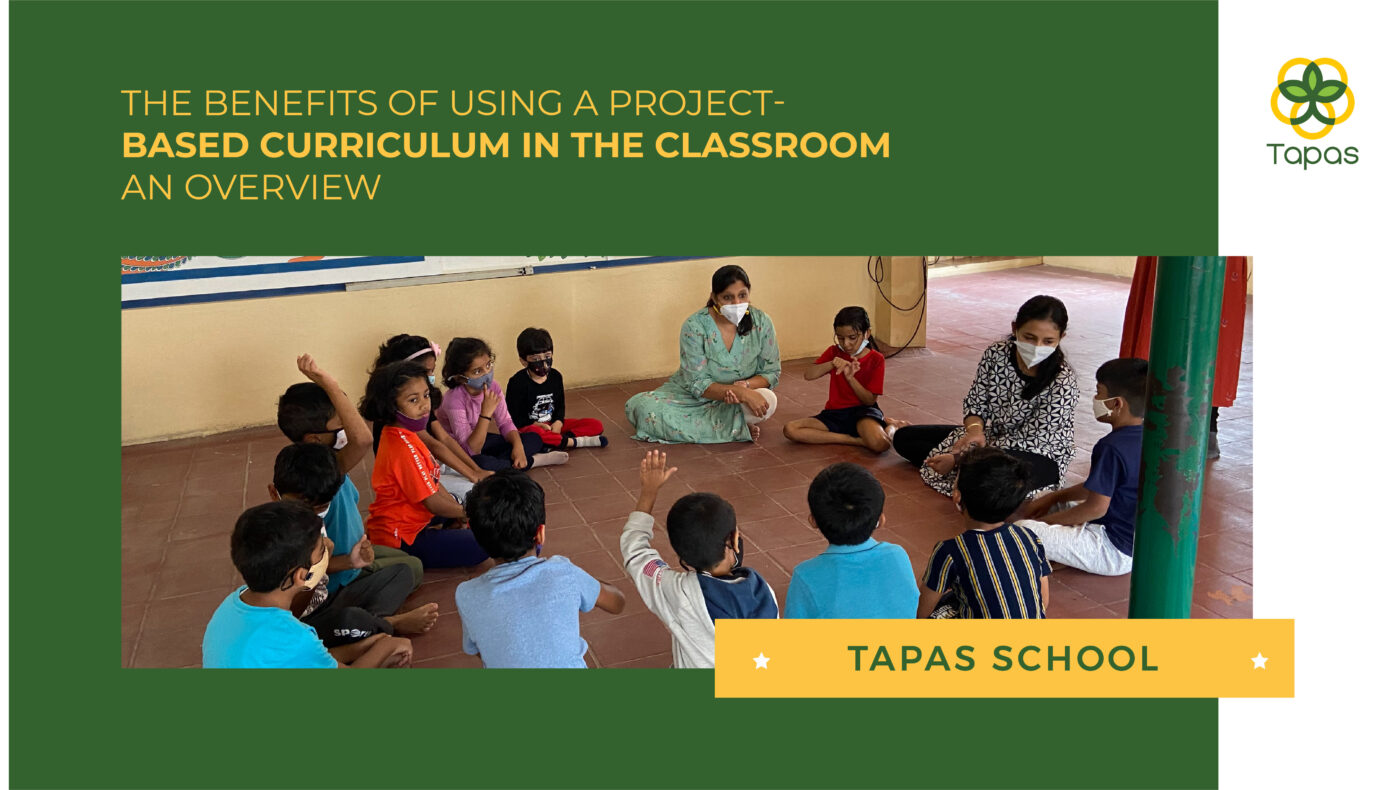The Benefits of Using a Project-Based Curriculum In the Classroom – An Overview
How do you make education more than just theory? What can you do to make it more interactive and less boring? How do you energise students to engage and enquire? The answer to all of the above is Project-based learning. A teaching method whereby students are engaged in real-life projects makes learning more meaningful and long-lasting.
Participation in real-world projects brings about experiences that develop rooted core skills in the students, which is collectively beneficial for students, educators and society on a deeper level. Project Based Learning is centered around the student and teamwork is encouraged to obtain deep content knowledge.
The students are zealous in learning in such a way, not only because it keeps them engaged and all their questions are answered, either by the educators or the peers, but also because they get to demonstrate their skills and knowledge at the end of a project. They get to present the outcome to an audience which is rewarding too.
Project Based Learning
It is but a given that some basic skills are required in each individual. Whether or not traditional learning methods are able to achieve those are debatable. But what is not conjectured is that we all need to have and inculcate in our next-generation, and critical thinking, collaboration, communication and creativity and PBL ticks all these boxes.
Approaching PBL as a way of learning has become a must-have for many schools and universities now, given the changing times. Each institution has its own method of teaching and learning but the basic fabric remains the same. PBL is an in-depth exploration of a subject which has an inquiry and project approach, having an emphasis on a certain outcome. Depending on the subject matter, the age of the student and the relevance of the project, the results can be a presentation, a review, a poster, a report, a display, or a demonstration. This provides the children with opportunities to be involved at each juncture, giving them a sense of ownership and responsibility.
Benefits of Project-based Learning

- Project-based learning helps students to get involved deeper in the learning process as well as the rate of interaction is higher.
- The aspect of higher-order thinking is encouraged and problem-solving skills are enhanced.
- Networking with peers with confidence is achieved.
- Public speaking and learning to discuss openly with teachers and peers alike.
- 21st Century skills like collaboration and communication are cultivated.
- Self-learning is a strong skill that is enhanced.
- A sense of belonging, self-learning and self-competence is birthed and nurtured.
- Growth in self-reliance and attitude towards learning is improved.
- Research shows that academic performance is higher in Project-based learning in the classroom versus traditional learning.
- The range of Project-Based learning in the Classroom is broader and more accessible as compared to other mediums of learning.
- Culturally diverse learning becomes strategic and engagement is higher with a spike in attendance rates.
Tapas Education in Banashankari, Bengaluru is one such institution that has managed to meld Project-based learning curriculum with a theoretical curriculum and has interspersed the “Gurukul” system through it.
Essentially, they have included design elements from a perspective of deep learning, better quality work and a higher engagement from the students.
Some such points are:

- A project that can solve a real-world problem or a challenging question is answered appropriately.
- A continuous inquiry-based project that forces students to sit up and take notice and keeps them engaged in a thorough procedure of asking the right questions, and application of the apt information to find the resources to bring it to the end goal.
- Real-life situations can stem from personal issues, interests or concerns which create a realistic task for the students to question and find answers to.
- The students are given a choice to find a relevant and real project that enables them to voice their concerns and make decisions on the given project. They take complete ownership of what to create and why.
- Validation in terms of presenting the final outcome to a crowd proves to be very beneficial. A product for a real audience provides a result-oriented mind.
- Reflecting on the quality of work produced, the learning that went with it, the challenges faced, and the strategies used are all important for students and educators alike.
- Being able to handle critique, reflect on the feedback and revise accordingly is an extremely important step in the world of education. The products and procedures that have been implemented by the students themselves with the guidance of the educators enable them successfully in their formative and summative assessments.
Conclusion
While this may sound like a complicated process, it is actually the simplest way of learning. We learn more through an experience than words on the said experience. Well, what could be better than having both? At Tapas education, there is a dedicated team of educators who have created the most suitable Project-based learning classrooms and Project-based learning curriculums to ensure that the best learning outcomes are achieved.
Education is not the filling of the pail, but the lighting of a fire.
-William Butler Yeats.

